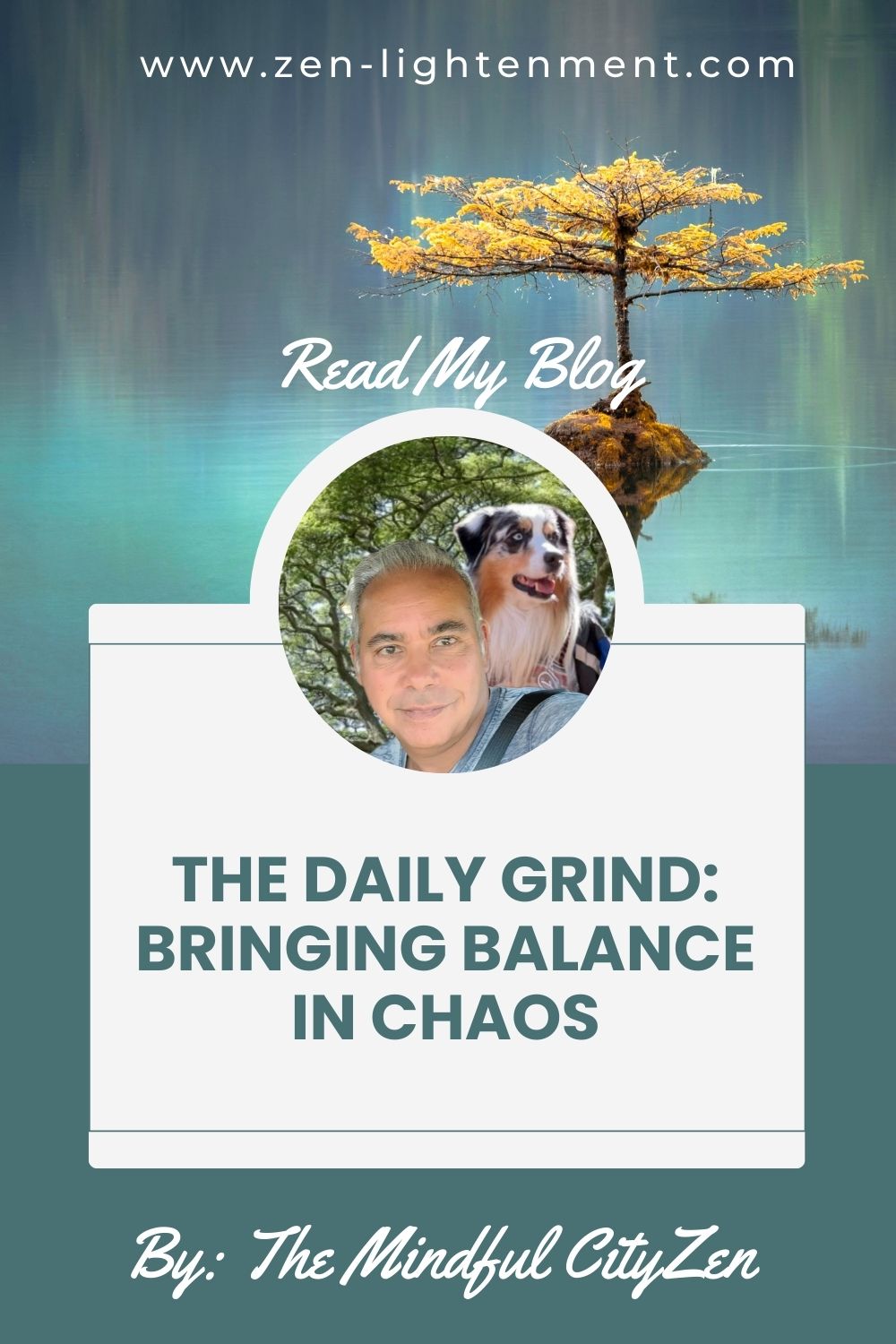The Unbreakable Bond: Why People Need People
Just to let everyone know, I made it through my second Covid-19 Vaccine shot. And again, the side effects were absolutely debilitating. For me, the side effects of the second shot were worse than the first one. I was out for almost four days. I say almost because I did feel a little better in the early afternoon of the fourth day. There is a belief, the worse the side effects, the stronger the immunity. I will just go with that, it makes me feel better.
Introduction
During the Covid-19 lockdowns there was an increase in anxiety and depression among adults, because of isolation and the lack of social interactions. I’ve always wondered why retired individuals talk of coming out of retirement within a few months of retirement. One of the primary reasons could be the isolation and depression affecting an individual’s mental health.
Birds flock, Bees swarm, most all animals travel in packs or herds, Fish swim in schools, Dolphins swim in pods; you get the message. Most every living creature on this planet needs to interact and create social bonds with each other. Humans are a social species too, and the need for social interactions is important to our very existence.
In a world that is becoming increasingly interconnected yet paradoxically isolated, the age-old adage “People need people” holds truer than ever. As social beings, humans have an inherent need for connection, companionship, and collaboration. This intricate web of relationships forms the foundation of our emotional, psychological, and even physical well-being. In this article, we delve into the reasons behind this profound truth and explore the significance of human connections in our lives.
Evolutionary Roots
The evolution of Homo sapiens has been intricately tied to the development of complex social structures. From early hunter-gatherer communities to the modern global society, our survival has hinged on our ability to form and maintain connections with others. Throughout history, humans have relied on the strength of communal bonds for protection, resource sharing, and the transmission of knowledge. This deeply ingrained need for human interaction is a testament to our evolutionary heritage.
Emotional Fulfillment
Emotions are at the core of human experience, and they find their fullest expression within the context of relationships. Whether it’s the joy of celebrating a milestone with loved ones or finding solace in times of sorrow, the presence of others amplifies our emotional experiences. Through genuine connections, we share our joys, fears, and vulnerabilities, creating a safe space for emotional expression and empathy.
Mental Well-being
The impact of social interactions on mental health cannot be overstated. Meaningful relationships offer a support system during life’s challenges, reducing feelings of loneliness and isolation. Engaging in conversations, sharing experiences, and seeking advice from friends and family can alleviate stress and anxiety. In fact, studies have shown that strong social ties are linked to lower rates of mental health disorders and a greater sense of life satisfaction.
Knowledge and Growth
Human connections serve as conduits for the exchange of ideas and knowledge. Every interaction with another person provides an opportunity to learn, broaden our perspectives, and enhance our understanding of the world. Collaborative efforts enable us to pool our skills and expertise, leading to innovation and personal growth. By surrounding ourselves with diverse individuals, we enrich our intellectual landscape and foster a culture of continuous learning.
Physical Health
The impact of social relationships extends even to our physical well-being. Research has shown that individuals with robust social networks tend to lead healthier lives. Strong social ties have been associated with lower rates of chronic illnesses, faster recovery times, and increased longevity. The emotional support received from loved ones can have tangible effects on immune system functioning and cardiovascular health.
Fulfilling the Innate Need
In an era where digital communication often substitutes face-to-face interactions, it’s crucial to remember that virtual connections can never fully replicate the depth of real-life relationships. While technology has bridged geographical gaps, nothing can replace the warmth of a hug, the sincerity of eye contact, or the intangible energy shared during in-person interactions. Humans are wired for real, tangible connections, and these experiences are essential for our holistic well-being.
Conclusion
“People need people” is more than a simple saying; it’s a profound truth that underscores our very nature as social beings. From our evolutionary history to our emotional fulfillment, mental well-being, knowledge exchange, physical health, and innate need for connection, the importance of human relationships cannot be overstated. As we navigate an increasingly fast-paced and digitally-driven world, let us never underestimate the power of genuine interactions in enriching our lives and nurturing our collective humanity.
The information in my blogs posts should not be considered, or accepted as professional advice. It is based on personal experiences, and is for reading purposes only.


You May Also Like

How to Avoid Being an Annoying Tourist While Dining Abroad
June 6, 2024
Understanding Different Types of Collagen and Their Absorption
June 4, 2024